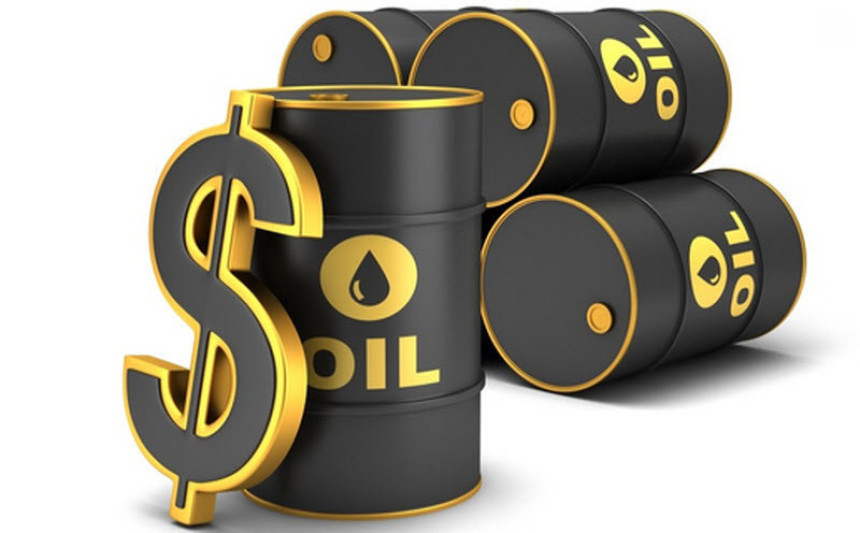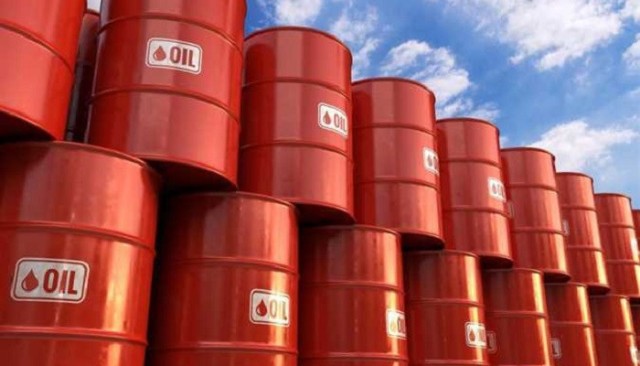Protests in China (the largest oil importer) against the strict restrictions of Covid-19 have led to a drop in oil prices; Oil futures fell more than $2 a barrel, with US West Texas Intermediate crude falling to an 11-month low.
According to Reuters, Brent crude fell $2.16, or 2.6%, to trade at $81.47 a barrel at 02:30 GMT, after falling to $81.16 earlier in the session, its lowest since January 11.
US West Texas Intermediate crude fell $2.08, or 2.7%, to $74.20 a barrel.
Crude fell to $73.82 earlier, its lowest since December 27, 2021.
Both benchmarks, which hit 10-month lows last week, posted three straight weekly declines.
Brent ended the last week down 4.6%, while WTI fell 4.7%.
Hiroyuki Kikukawa, general manager of research at Nissan Securities, said: In addition to growing concerns about weak fuel demand in China due to an increase in (Covid-19) infections, the political uncertainty caused by rare protests over the government's strict restrictions on (Covid-19) has raised ) in Shanghai selling operations.
He added that the WTI trading range is expected to drop to between $70 and $75.
He pointed out that the market may remain volatile depending on the outcome of the OPEC + meeting, and the Russian oil price cap.
China, the world's largest oil importer, has adhered to President Xi Jinping's zero-COVID policy, even as much of the world has lifted most restrictions.
Hundreds of demonstrators and police clashed in Shanghai on Sunday evening, after protests against China's strict coronavirus restrictions broke out for a third day and spread to several cities following a fire that killed people in the far west of the country.
Mainland China has not seen such a wave of civil disobedience since Xi came to power 10 years ago, with frustration mounting over his zero-Covid policy after the pandemic spread nearly three years ago.
At the same time, diplomats from the G7 and the European Union have discussed capping the price of Russian oil at between $65 and $70 a barrel, with the aim of limiting revenues to fund Moscow's military offensive in Ukraine without disrupting global oil markets.
But EU diplomats said a meeting of EU government representatives, which was scheduled for the evening of November 25 to discuss the issue, had been cancelled.
The Russian oil price cap is set to take effect on Dec. 5, when the European Union's embargo on Russian crude kicks in.
Investors are also focusing on the upcoming meeting of OPEC+, which includes the Organization of the Petroleum Exporting Countries and its allies, on Dec. 4.
And OPEC + agreed in October to reduce the target level of its production by two million barrels per day until 2023.









































